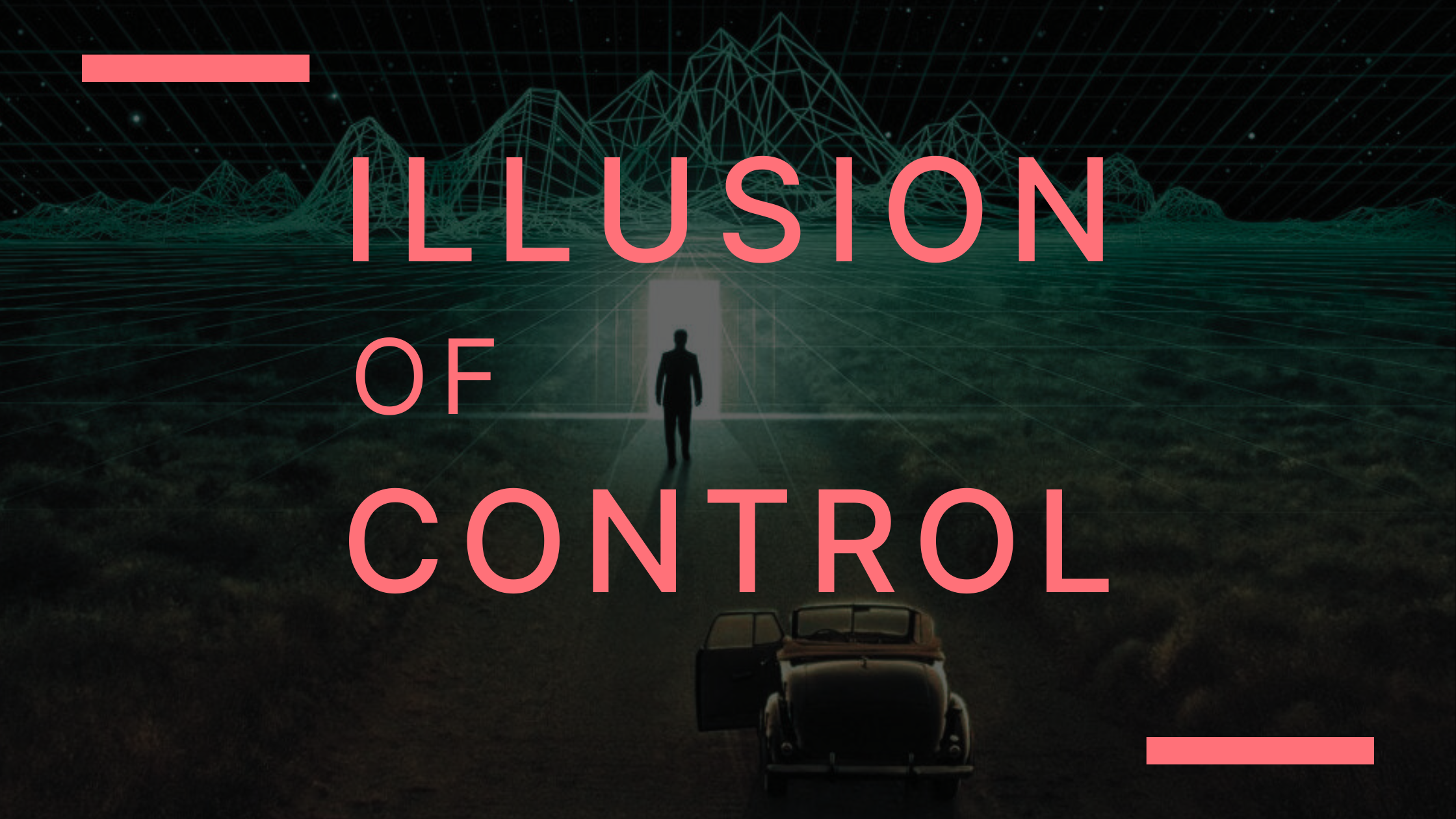Humanity’s persistent belief in their ability to influence outcomes beyond their control fascinates observers. This “illusion of control” permeates daily life, from superstitions to financial decisions. As humans navigate an unpredictable world, they cling to this comforting fallacy, revealing deep-seated psychological needs and evolutionary adaptations that shape their perception of reality.
Illusion of Control Definition
Humans exhibit a fascinating tendency to overestimate their influence over external events, a phenomenon known as the illusion of control. They cling to the belief that their actions can significantly impact outcomes, even in situations governed by chance. This cognitive bias manifests in various aspects of their lives, from gambling behaviors to superstitious rituals. Individuals may attribute success to their skills rather than luck, or believe they can influence random events through specific actions. This illusion serves as a coping mechanism, providing a sense of security and mastery over their environment. Paradoxically, while potentially beneficial for mental well-being, it can lead to irrational decision-making and risk-taking behaviors.
Examples
- Stock Market Trading: Investors often believe their research or intuition allows them to predict market movements, even when outcomes are largely unpredictable or driven by external economic factors.
- Sports Superstitions: Athletes and fans sometimes believe that wearing a lucky item or performing a ritual can influence the outcome of a game, despite having no direct effect on the performance.
- Health and Fitness: People may believe they can control their health outcomes entirely through diet and exercise, overlooking genetic factors, environmental influences, or random health events.
- Project Management: Managers may overestimate their ability to control complex projects, ignoring external risks such as market changes, resource shortages, or unforeseen complications.
- Parenting: Parents may feel they can shape every aspect of their child’s future through strict guidance, neglecting societal, psychological, and peer influences that affect a child’s development.
Generational Trends
- Baby Boomers: Raised in a post-World War II era of economic growth and social stability, many in this generation may have felt a strong sense of control over their careers and financial futures. The dominant cultural narrative emphasized hard work and personal responsibility, reinforcing this belief.
- Generation X: With exposure to economic recessions and the rise of corporate downsizing, this generation began to see the limits of individual control, especially in work-related contexts. Still, many maintained a belief in control over personal choices, particularly with the growing emphasis on self-reliance.
- Millennials: This generation has faced student debt, economic uncertainty, and the gig economy. While they may still believe in individual control over personal branding and entrepreneurship, many are more aware of systemic forces—such as income inequality and environmental issues—that limit personal agency.
- Generation Z: Growing up in a digital world, Gen Z is highly aware of global issues like climate change and social justice. They often question traditional narratives of individual control, recognizing that many outcomes are influenced by broader, collective forces. However, technology and social media give them a unique sense of control over their personal image and social interactions.
Each of these examples demonstrates how people overestimate their personal influence while downplaying external variables.
Humanity’s Eternal Quest for Control
Throughout history, humans have clung to the illusion of control, desperately seeking to influence their unpredictable world. Ancient civilizations performed elaborate rituals, believing they could appease gods and control nature. The Romans consulted augurs, while Mayans practiced human sacrifice. During the Middle Ages, Europeans burned “witches” to ward off misfortune. In modern times, this illusion persists through superstitions, like lucky charms in sports, or the gambler’s fallacy in casinos. Even in science and technology, humans often overestimate their ability to predict and control outcomes, as seen in failed attempts at weather modification or overconfidence in financial markets.
This persistent belief in control seems to be a fundamental aspect of the human condition, providing comfort in an uncertain universe.
A Psychological Coping Mechanism
Humans, driven by an innate desire for order and predictability, often succumb to the illusion of control. They cling to the belief that they can influence outcomes beyond their actual reach, a psychological mechanism that provides comfort in an unpredictable world. This cognitive bias stems from their evolutionary need to make sense of their environment and feel empowered. The illusion serves as a coping mechanism, reducing anxiety and boosting self-esteem. However, it can lead to overconfidence and poor decision-making. Ultimately, this phenomenon reflects humanity’s struggle to reconcile their limited influence with their desire for mastery over their circumstances.
The Sociological Perspective on the Illusion of Control
This belief is often shaped by cultural norms and societal expectations that emphasize personal agency and responsibility. In various contexts—such as gambling, work, or relationships—people tend to overestimate their ability to control results due to social conditioning. This perception of control may reinforce feelings of autonomy, yet it also obscures the external forces, such as systemic inequalities or random chance, that play a more significant role in shaping outcomes.
Conclusion
In conclusion, humanity’s persistent belief in the illusion of control reveals a deep-seated psychological need for agency. This cognitive bias, while often comforting, can lead to overconfidence and flawed decision-making. Recognizing and challenging this illusion may foster more realistic perspectives, ultimately enhancing human adaptability and resilience in an unpredictable world.



Leave a Reply